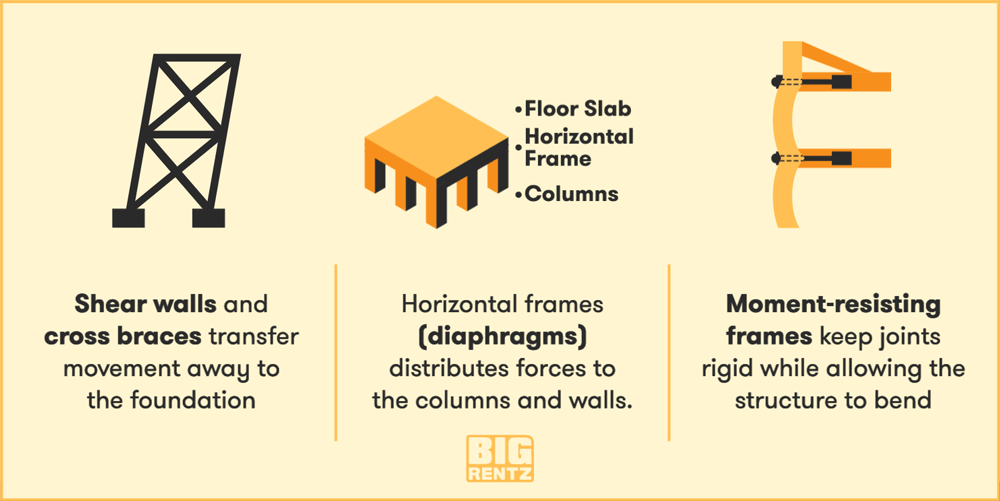The Key To Stable Relationships (Both Business & Personal) During Hard Times...
Shane here! I’ve got two things for you today: A thought-provoking freebie, and an offer you won’t want to miss out on, if you haven’t signed up yet!
First, to boost your leadership skills:
Today is the last day to get a discount on my January 11-22 virtual Dream Teams Leadership Intensive, a live skills bootcamp on developing habits for psychological safety, making confrontation productive, effective inclusion, communicating inarguably, EQ, and more. Get your spot in this workshop series (1hr a day, for 2 weeks) before the Early Bird discount closes at midnight tonight! (We also have a payment plan if you want to use a company card and spread the $625 cost out over a few months, btw.)
Next, let’s talk about relationship stability:
2020 has tested us in so many ways. For millions of us, one of those tests has been the strength of our relationships.
But it turns out that new research from 2020 shows us that strength isn’t the most important attribute for holding a relationship together during hard times.
Just last month, a new paper in the Journal of Contextual Behavioral Science examined more than 200 relationship studies and concluded this instead:
People with “psychological flexibility” have better romantic and family relationships. (And I’d dare say that this extends to colleagues and business partners as well!)
Now what does “psychological flexibility” even mean? In a nutshell, it’s this:
Being open to learning from new experiences, no matter how challenging they are
Being able to experience thoughts and feelings without obsessively clinging to them
Being able to keep a big picture perspective
Not running away from difficult thoughts, feelings, and experiences
And this is the big one:
Not seeing people (including yourself) as unable to change, even after making mistakes
Many an earthquake has toppled a big, strong building. That’s why the world’s tallest buildings are built to flex and sway as the ground moves, rather than hold still. When we can do the equivalent with the challenges in our lives, we have a better shot of maintaining strong relationships!
Given the above definition, it’s easy to see how psychological flexibility can lead to more stable families and teams. But the question is, how do we develop that ability to roll with the punches when it comes to important people and ideas in our lives?
After poring over this new study, I’ve concluded that there are actually already two highly-established areas that we can work on that can help us build a lot more psychological flexibility:
(1) emotional intelligence; and
(2) intellectual humility.
If you’ve not read my intellectual humility super-explainer article, that’s a great place to start. And I plan to write some posts soon about practicing better emotional intelligence soon—so stayed tuned for those! (Also, in my Leadership Intensive, we go into both EQ and IH in depth!)
But in the meantime, the big point that I’ll hope you remember today is this:
The most successful people—in both business and relationships—are not “strong” so much as they’re flexible!
So, next time you’re tempted to dig in with your point of view on something within one of your relationships—or even better, the next time that you feel overwhelmed like you might not be strong enough for the challenges in your relationships—I’d encourage you to take that temptation as a cue to pause and remind yourself that lasting success isn’t about standing firm against the earthquake; it’s about being able to flex with it.
Much love—and don’t forget to sign up today!
Shane



